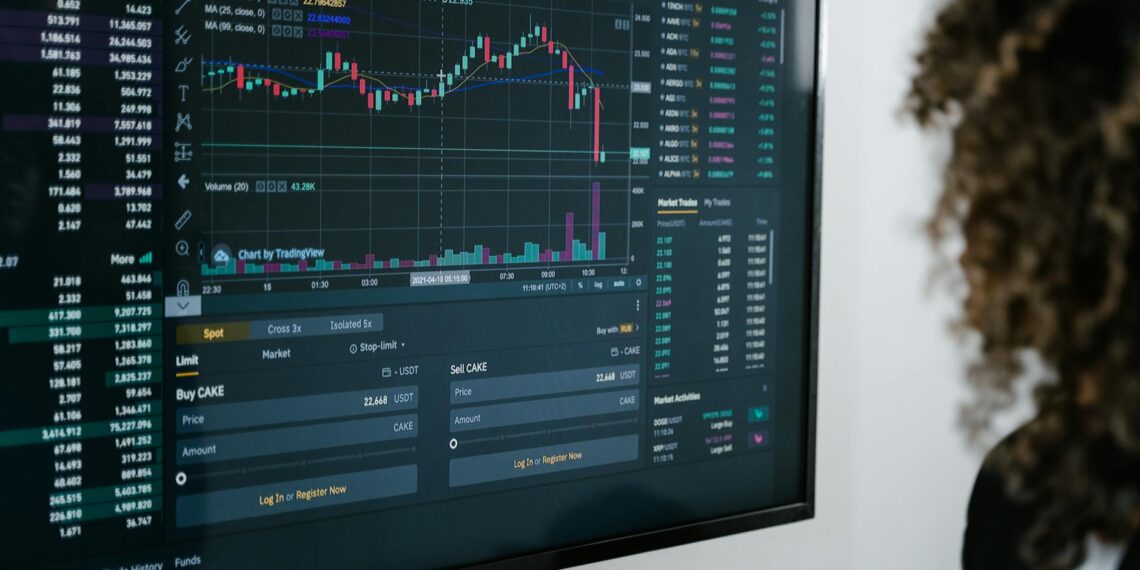Selling a coin collection can be a rewarding process if approached strategically. Here’s a breakdown of the key steps and options available:
- Identify your coins: Determine the type of coins you have, including their dates, mint marks, and other distinguishing features.
- Evaluate their condition: The condition (or grade) significantly impacts value. Learn about coin grading scales, such as the Sheldon scale (1 to 70), to assess your coins’ condition. Professional grading services like PCGS and NGC offer standardized assessment and authentication, which can be beneficial for high-value coins.
- Research potential value: Consult resources like the “Red Book” for U.S. coins, [the American Numismatic Association’s website], [price guides] , and online marketplaces like eBay’s “sold listings” to understand comparable sales. Remember, online prices often reflect retail, while you’ll likely sell at wholesale.
- Local Coin Shops: A fast and convenient option, especially for common or smaller collections.
– Pros: Quick appraisal and payment, no shipping or listing hassle.
– Cons: Dealers need to make a profit, so expect a wholesale price (lower than retail). You might get a better price by comparison shopping multiple dealers.
- Coin Shows: Allows you to get multiple offers from different dealers in one location, potentially leading to a higher sale price than a single local dealer.
– Pros: Access to a wider range of buyers and competitive offers.
– Cons: Requires travel and effort.
- Online Platforms (e.g., eBay, specialized online dealers): Offers a wider audience and potentially better prices for your coins.
– Pros: Reach a global market of collectors, potential for bidding wars, and you control the listing and sale process.
– Cons: Requires more effort in photographing, listing, and handling shipping/returns. Be cautious of scams.
- Auction Houses: Suitable for rare or very valuable collections.
– Pros: Potential for bidding wars driving up prices, minimal personal effort involved.
– Cons: Higher fees (consignment fees, potential buyer’s fees) and a longer waiting period for payment. Many have minimum consignment values. [Heritage Auctions] offers a platform for selling graded coins for a percentage fee.
- Consignment to a Dealer: An intermediary sells your coins on your behalf for a percentage of the sale.
– Pros: Combines the expertise of a dealer with the potential for better prices than an outright sale, less hassle than selling yourself.
– Cons: Fees can range from 10% to 20% or more, and payment terms and other fees can vary. You’ll need to research dealer reputation and consignment agreements carefully.
- Don’t clean your coins! Cleaning or altering coins can drastically reduce their value.
- Authenticate and Grade Valuable Coins: Professional authentication and grading can increase buyer confidence and potentially increase the coin’s value, especially for rare or high-grade coins. However, it comes with a cost.
- Be Aware of Scams: Fraudsters may attempt to undervalue coins, use fake testing equipment, or employ high-pressure tactics.
– Always verify buyer credentials and reputation.
– Be wary of unsolicited offers or door-to-door buyers.
– Avoid pressure to sell immediately.
– Never accept payments that cannot be verified.
– Seek multiple opinions for items worth over $500.
- Photographing your coins: If selling online, good photographs are crucial. Use a tripod and proper lighting to capture detail and minimize glare.
- Understand market value: Research comparable sales to ensure you have realistic price expectations for your coins.
- Consult professionals: If unsure about the value or selling process, consult with reputable coin dealers or appraisers. Organizations like the [American Numismatic Association] offer dealer directories and resources.
By understanding the various selling options, conducting thorough research, and being mindful of potential pitfalls, you can successfully sell your coin collection and maximize your return.









Do I have to pay taxes on an inherited coin collection?
Great question! Capital Gains for Recipients
Recipients of gifted or inherited coins owe taxes on any gains when the coins are sold. Profits are calculated based on the value at the time of transfer or the donor’s cost basis.
How much does it cost to have a coin collection valued?
Coin collectors may offer free appraisals prior to a purchase offer. For paid appraisals, the average price of time that you may be charged for an appraisal is somewhere between $100 and $250 per hour. Insurance appraisals can cost you anywhere between $50 and $100 per coin.